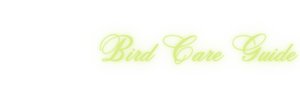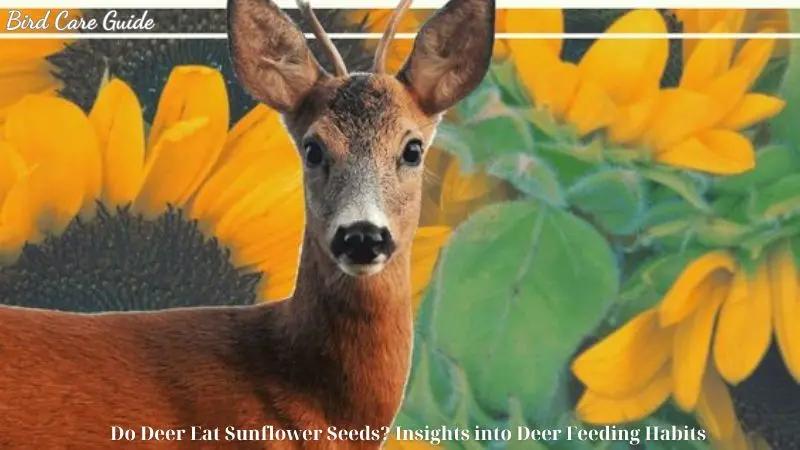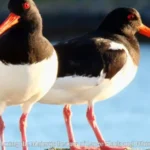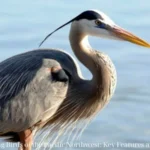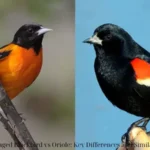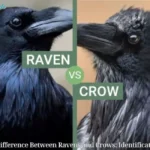Deer, with their graceful presence and gentle demeanor, are among the most beloved and observed wildlife in many parts of the world. However, their feeding habits can be a source of both fascination and frustration, particularly for gardeners and farmers. One common question that arises is: Do deer eat sunflower seeds?
The following article “Bird Care Guide” will delve into the dietary preferences of deer, examine whether sunflower seeds are part of their diet, and offer insights into whether or not sunflower seeds are part of their diet.
Understanding Deer Dietary Preferences
Natural Diet of Deer
Deer are herbivores, meaning their diet consists primarily of plant material. Their dietary preferences can vary significantly depending on the season, availability of food sources, and their specific habitat. Generally, deer consume:
- Grasses and Forbs: In the spring and summer, deer often graze on tender grasses and forbs (herbaceous flowering plants). These provide essential nutrients that support their growth and reproductive needs.
- Leaves and Twigs: As the seasons change and grasses become less abundant, deer turn to browsing on the leaves and twigs of shrubs and trees. This diet shift is crucial for their survival during fall and winter when other food sources are scarce.
- Fruits and Nuts: Deer also enjoy a variety of fruits and nuts, such as apples, acorns, and berries. These high-energy foods are especially important in the fall as deer prepare for the leaner winter months.
- Agricultural Crops: In areas where agricultural fields are accessible, deer often feed on crops like corn, soybeans, and alfalfa, which can sometimes lead to significant conflicts with farmers.
Seasonal Variations in Deer Diet
Deer adapt their feeding habits according to the availability of food throughout the year. In the spring, they primarily feed on new plant growth, including grasses and forbs. As summer progresses, their diet diversifies to include a wider range of vegetation. In the fall, they seek out high-energy foods like acorns and fruits to build fat reserves for winter. During winter, deer rely heavily on woody browse, such as twigs and bark, to sustain themselves.
Do Deer Eat Sunflower Seeds?
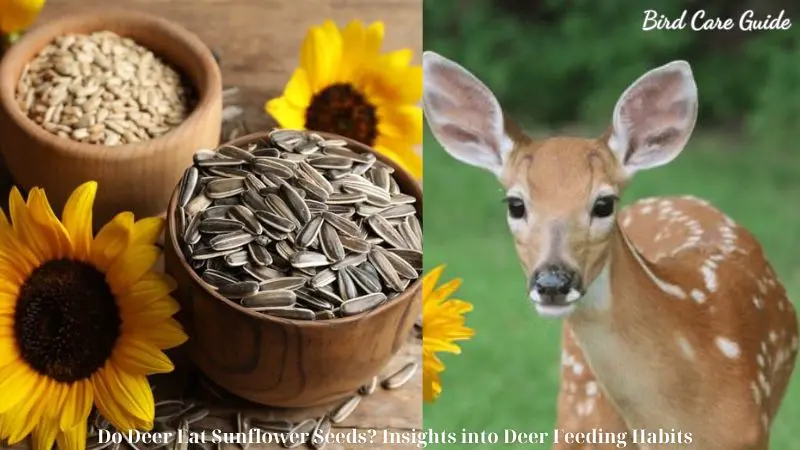
Do Deer Eat Sunflower Seeds? Yes, deer do eat sunflower seeds. Sunflower seeds can be an attractive food source for deer, especially when other natural food sources are scarce. However, sunflower seeds are not a primary food source for deer, and their consumption depends on various factors, including the availability of other foods, seasonal changes, and regional differences.
Factors Influencing Deer Consumption of Sunflower Seeds
- Availability of Natural Food: Deer are more likely to eat sunflower seeds if their natural food sources are limited. This is often the case in late fall and winter when vegetation is sparse.
- Proximity to Human Habitation: Deer that live near human settlements are more accustomed to foraging on non-native plants and agricultural crops, including sunflower seeds from bird feeders or gardens.
- Seasonal Changes: During harsh winter months, deer may resort to eating less preferred foods, including sunflower seeds, to survive.
- Regional Differences: The availability of food sources can vary greatly depending on the region. In areas with abundant natural vegetation, deer may be less likely to eat sunflower seeds.
Nutritional Value of Sunflower Seeds for Deer
Sunflower seeds are nutritious, containing high levels of fat, protein, and essential nutrients. For deer, these seeds can provide a valuable energy boost, especially during the winter months when food is scarce. However, sunflower seeds are not a natural part of a deer’s diet and should not be relied upon as a primary food source.
- Protein: Sunflower seeds are rich in protein, which is essential for growth and overall health.
- Fat: The high fat content in sunflower seeds provides a concentrated energy source, which is particularly beneficial in cold weather.
- Vitamins and Minerals: Sunflower seeds contain important vitamins and minerals, including vitamin E, magnesium, and selenium, which contribute to a deer’s health.
Impact of Deer Feeding on Ecosystems
Deer play a significant role in shaping the ecosystems they inhabit through their feeding behavior. While they are an important part of the natural food web, their feeding habits can have both positive and negative impacts on the environment.
Positive Impacts
- Seed Dispersal: Deer contribute to seed dispersal by eating fruits and nuts and excreting the seeds in different locations. This helps in plant propagation and maintaining plant diversity.
- Habitat Maintenance: By browsing on vegetation, deer help to maintain open habitats and prevent the overgrowth of certain plant species. This can benefit other wildlife species that rely on these habitats.
Negative Impacts
- Overbrowsing: In areas with high deer populations, overbrowsing can occur, leading to the depletion of certain plant species. This can result in reduced biodiversity and negatively impact other wildlife that depend on those plants.
- Forest Regeneration: Overbrowsing by deer can hinder forest regeneration by preventing the growth of young trees and saplings. This can have long-term effects on forest structure and composition.
- Agricultural Damage: Deer can cause significant damage to agricultural crops, leading to economic losses for farmers. Their feeding habits can also impact ornamental plants and gardens in residential areas.
Managing Deer and Sunflower Seed Consumption
Preventing Deer from Accessing Sunflower Seeds
For gardeners and bird enthusiasts who wish to keep deer away from sunflower seeds, several strategies can be employed:
- Physical Barriers: Installing fences or netting around gardens and bird feeders can effectively prevent deer from accessing sunflower seeds. Fences should be at least 8 feet tall, as deer are capable jumpers.
- Repellents: There are various commercial and homemade repellents that can deter deer. These include products that mimic predator scents, as well as taste and odor repellents.
- Strategic Planting: Planting deer-resistant plants around the perimeter of gardens can help reduce deer intrusion. Examples include plants with strong scents or prickly textures that deer tend to avoid.
Providing Alternative Food Sources
Another approach to managing deer and sunflower seed interactions is to provide alternative food sources that are more appealing to deer. This can help divert their attention away from sunflower seeds:
- Food Plots: Creating food plots with plants that deer prefer, such as clover, alfalfa, and certain grains, can attract deer away from gardens and bird feeders.
- Supplemental Feeding: In areas where supplemental feeding is permitted, providing deer with high-quality, deer-specific feed can reduce their inclination to seek out sunflower seeds.
Balancing Wildlife Enjoyment and Garden Protection
Many people enjoy the presence of deer and other wildlife in their yards and gardens. Striking a balance between protecting plants and attracting wildlife can enhance the overall outdoor experience:
- Wildlife-Friendly Landscaping: Designing gardens with wildlife in mind can create a harmonious environment. This includes using native plants, providing water sources, and creating natural habitats for a variety of species.
- Selective Feeding: For those who enjoy feeding birds, placing bird feeders in areas that are less accessible to deer, such as on raised platforms or hanging from tall poles, can help ensure that birds benefit from the seeds while minimizing deer consumption.
Conclusion
In conclusion, while deer primarily feed on a variety of natural vegetation such as grasses, fruits, nuts, and agricultural crops, they do occasionally consume sunflower seeds when available. Sunflower seeds, with their nutritional benefits, can be part of a deer’s diet depending on the local environment and seasonal factors. Observing deer’s feeding habits provides insights into their adaptive behavior and dietary flexibility in response to changing environmental conditions.
